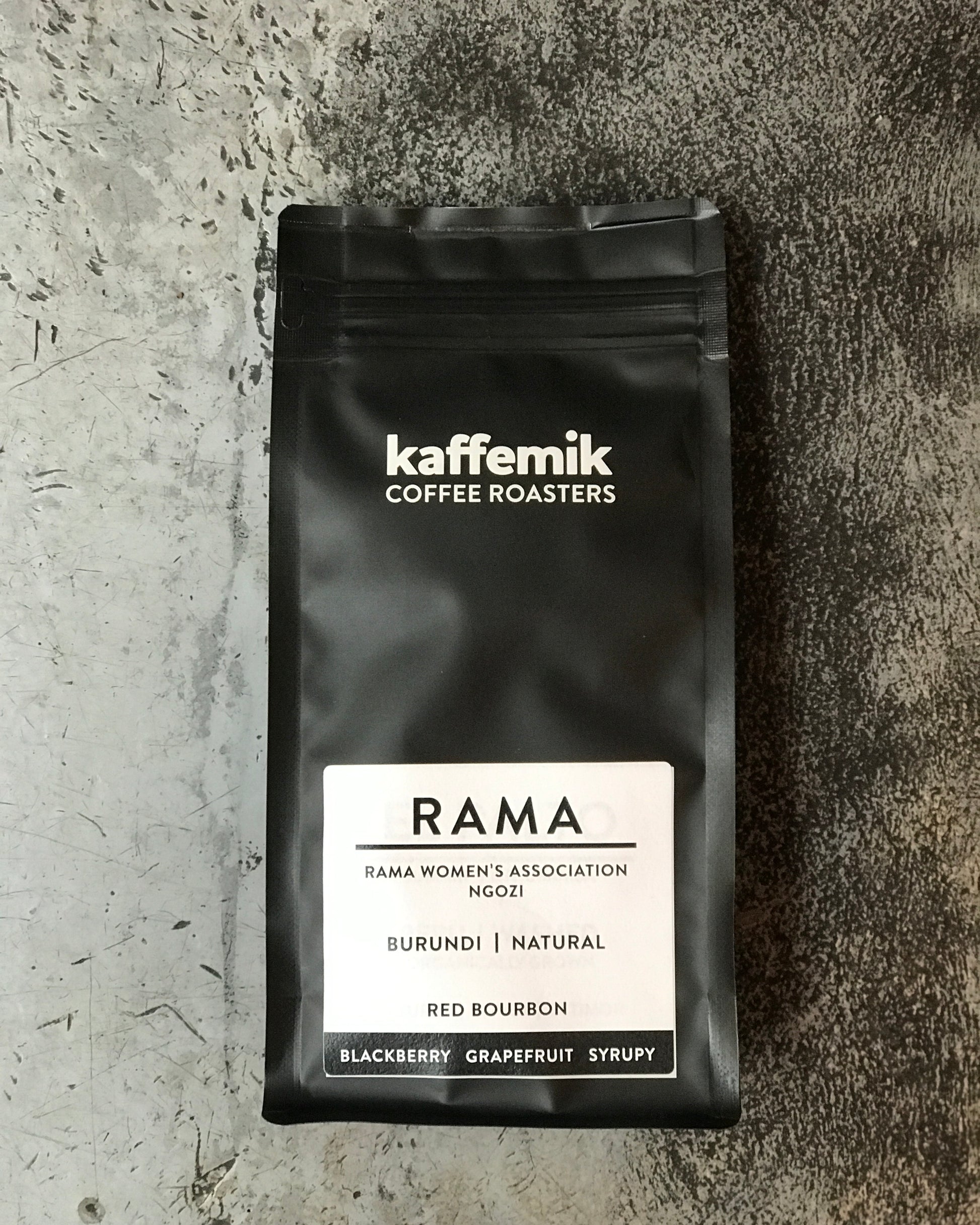This coffee is unique not only because of its exceptionally flavorful profile, but also because it enables the disenfranchised women of Burundi to develop their own capital - in a country where women are not allowed to own land and are therefore affected by the strong patriarchal structures of the dependent on traditional culture. Marie-Annonciate was understandably deeply frustrated by this and has recently begun mobilizing women in her region near the Mubuga washing station to fight for their right to own land. Marie-Annonciate and her fellow activists soon came to the attention of the Kahawatu Foundation, which advised and supported them in their attempt to democratize their country's patriarchal land ownership laws. Greenco, a company focused on supporting, organizing, educating and socially promoting washing stations in the region, also participated by supporting the women in petitioning the government. Despite lobbying the government for years, the association's women were unable to gain access to land ownership rights. Nevertheless, a community member offered the women his land to rent, on which the Rama Women's Association now operates, offering women in coffee farming in Burundi the opportunity to work in an environment that offers women more equality.
The Rama Women's Association, despite its difficulties with local legislation, has become a pillar of hope in the fight for gender equality in the coffee growing community. The association has continued to receive support from social organizations that have assisted it in applying good agricultural practices on both individual and community farms, increasing the association's production from an average of 0.7 kg to 2 kg of coffee per tree .
The processing process
The coffee cherries are hand-picked by Rama farmers and delivered to the local Mubuga washing station, where each producer's coffee is traceable. Quality is the top priority in the washing station. As soon as the coffee arrives, the cherries are washed into buckets to check for any defects. However, Greenco also buys the damaged/immature floaters but separates them and grades them into a lower quality level. Regardless, the rest of the higher quality coffee is sorted by hand to check again for defects or under/over ripe cherries. Once sorting is complete, the coffees are placed on beds where they dry slowly for 3-4 weeks. During this drying period, the coffee is checked by the pickers for any defects missed during the previous sorting and covered with a tarpaulin to protect it during the hottest part of the day or when it rains.
Once the coffee is dried to 11.5% moisture, it is bagged and transported to the on-site warehouse, where Greenco coffee vendors sort each batch.
The variety
Bourbon is one of the most famous varieties of Arabica coffee and is a natural mutation of Typica. This coffee comes from Yemen and got its name when it was propagated on the French colonized island of Bourbon, now known as "La Réunion". This variety is known for its exceptional quality, medium yield and high susceptibility to coffee plant diseases such as leaf rust and CBD or pests such as nematodes. Bourbon is uniquely buttery, nutty and mildly fruity with a relatively low acidity but high sweetness. Typical notes of bourbon coffee lean towards chocolate and fig.
![RAMA | Burundi | natural [female farmed]](http://www.kaffemik.at/cdn/shop/files/IMG_7125.jpg?v=1706340794&width=1445)
![RAMA | Burundi | natural [female farmed]](http://www.kaffemik.at/cdn/shop/files/rama_details.jpg?v=1717587253&width=1445)
![RAMA | Burundi | natural [female farmed]](http://www.kaffemik.at/cdn/shop/files/IMG_7127_b9cc2c0a-e55e-4587-b77f-ee2889ebf696.jpg?v=1733826158&width=1445)



